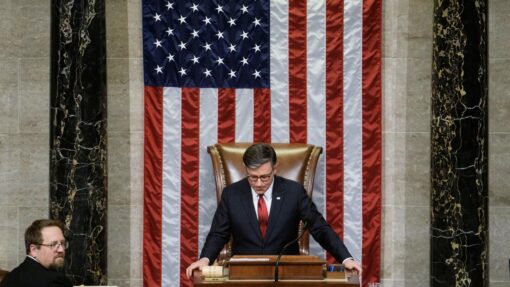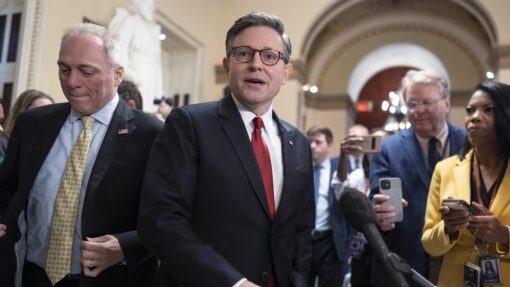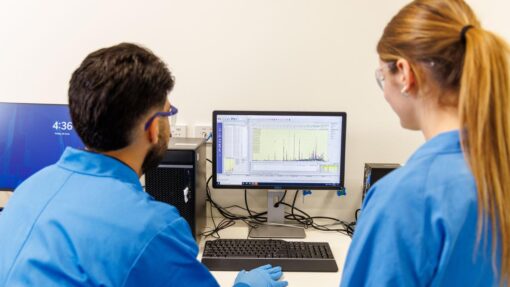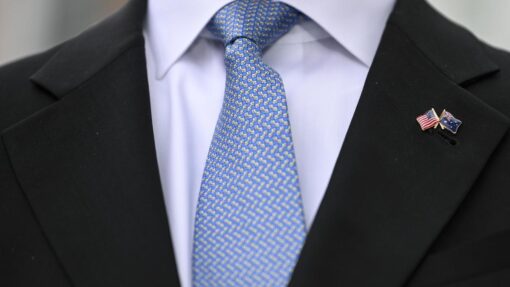Shorten wants QLD kids to get the COVID jab at school
Dominic Giannini and Georgie Moore |
Former opposition leader Bill Shorten has called for a school immunisation program as children prepare to return to classrooms next week.
The Labor spokesman for government services says at-school inoculations could streamline the vaccine rollout for a cohort who are struggling to get appointments.
“When I was a kid, you’d turn up to school and one of the things they’d do is immunise you against various diseases. What’s wrong with us having a old-fashioned immunisation program?” he told the Nine Network.
“Why is it in this country when it’s come to COVID we always make things more difficult than they have to be? Kids have got to go to school, we want to keep them safe, let’s vaccinate them at school.”
The party’s education spokeswoman Tanya Plibersek said the federal government needed to do more to ensure a safe return to schools amid the Omicron wave.
“State governments are doing the best that they can to get schools ready for kids to go back safely. The real lack here is in national leadership from Scott Morrison,” she told the ABC.
“School funding has always been a shared responsibility and it would be great to have a prime minister who was as interested in making sure that kids can go back to school safely as their parents are.”
It comes as Australia marks the two year anniversary of its first confirmed COVID-19 case, with authorities hoping Omicron outbreaks have peaked amid ongoing shortages of rapid antigen tests.
Dr Margaret Harris from the World Health Organisation says while the huge spike in COVID cases seems to be coming down, it was important to boost vaccination levels to reduce transmission.
“We all would love to be talking about COVID as if it was a distant memory – we’re all heartily sick of it but unfortunately it’s not sick of us,” she told the Nine Network.
“It’s unlikely to go away and when (people) mention a bad flu, you’re really saying will it turn into a disease we don’t particularly like but doesn’t kill us and vaccination is certainly getting us closer to that position.”
Infectious diseases expert Sanjaya Senanayake says it’s inevitable three jabs will be needed to be recognised as being fully vaccinated.
“The data is more and more compelling about Omicron – which is now the dominant strain in this country – that boosters provide more protection against both symptomatic disease and hospitalisation,” he told the ABC.
The country recorded a total of 40,681 new infections and 58 additional deaths on Monday.
But there is optimism daily infection tallies have plateaued, particularly in NSW.
Federal Health Minister Greg Hunt declared infections had peaked in NSW, Victoria, the ACT and South Australia.
NSW Chief Health Officer Kerry Chant also expressed optimism the virus spread in that state appeared to be slowing and the situation stabilising.
NSW reported 15,091 new cases and 24 deaths on Monday, while Victoria recorded 11,695 infections and 17 deaths.
Another 13 people died in Queensland, which reported 10,212 new cases.
In South Australia, there were 2009 cases and two deaths. The ACT recorded 756 infections and two deaths.
There were 619 new cases in Tasmania, 286 in the Northern Territory and 13 in Western Australia.
Tuesday marks two years since Australia confirmed its first COVID-19 infection – on January 25, 2020 – in a man who flew from China to Melbourne.
Meanwhile, concession card holders have become eligible for 10 free rapid antigen tests from pharmacies over a three-month period.
But Pharmacy Guild of Australia president Trent Twomey said widespread supply shortages meant many pharmacies would be unable to keep up.
The federal government sought to pin the blame on people and companies hoarding tests.
Deputy Prime Minister Barnaby Joyce was forced to apologise for claiming Australians weren’t dying from COVID-19.
He went onto say the country’s Omicron fatality rate was remarkably low compared with the Delta outbreak.
AAP


